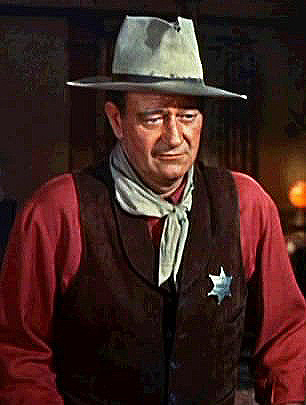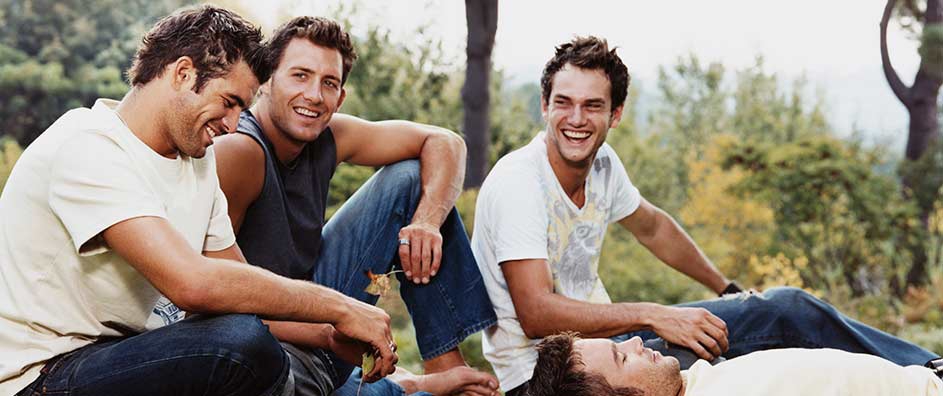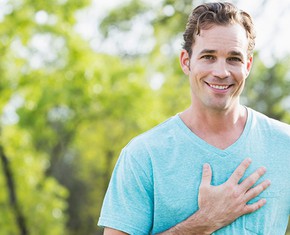The views expressed in our content reflect individual perspectives and do not represent the authoritative views of the Baha'i Faith.
Taken in general, women today have a stronger sense of religion than men. The woman’s intuition is more correct; she is more receptive and her intelligence is quicker…. But in the sight of God sex makes no difference. He or she is greatest who is nearest to God. – Abdu’l-Baha, Abdu’l-Baha in London, p. 103-105.
“Disparity in levels of religiosity,” the scholars and academics call this unusual phenomenon, and it manifests itself in every Faith and every culture. Women, as a whole, seem to simply find religion more compelling than men do. Many men are exceptions to that general statistical rule, of course – but the differences are so pronounced that an entire field of academic study has developed around it. Explanations abound. A recent study said that women have a more highly-developed sense of “belonging,” while another cited inherent female values of “caring and expressiveness.” One of the most oft-cited research studies reached an even more interesting conclusion: Women are more religious because faith communities emphasize the “feminine qualities of relationality and emotional expression.”
Watch a western movie, see an action or superhero film or read a detective novel and you’ll see that modern media portrays idealized masculine qualities as almost the exact opposite of the female virtues of relationality and emotional expression. Heroic male figures are usually silent, unemotional loners; singular, autonomous individuals who do battle with corruption and fight for their lives in a struggle against evil. As men, we absorb these competitive masculine stereotypes and their cynical, jaded world views – and in the process some of us reject belief in anything, including a faith.
 Instead of being a person who thrives in the world through the support of reciprocal relationships, men become hardened survivors, conditioned to suppress their emotions, believe in nothing and rely only on themselves. This survival-of-the-fittest ideology, tied as it is to the very definition of modern masculinity, emphasizes physical strength, steely-eyed resolve and a high tolerance for violence as a way to resolve problems.
Instead of being a person who thrives in the world through the support of reciprocal relationships, men become hardened survivors, conditioned to suppress their emotions, believe in nothing and rely only on themselves. This survival-of-the-fittest ideology, tied as it is to the very definition of modern masculinity, emphasizes physical strength, steely-eyed resolve and a high tolerance for violence as a way to resolve problems.
And that approach worked for centuries. Now, however, the world has changed. Certainly strength and resolve can be good, productive virtues – but as the balance between the masculine and the feminine shifts, as the equality of men and women becomes more pronounced, the old definitions of what it took to be a good man have also shifted. Today a good man – Nelson Mandela, the Dalai Lama, Abdu’l-Baha – exemplifies the qualities of the age. Rather than violent confrontation, this age requires the ability to make peace. Rather than brute strength, this age requires intelligence and resourcefulness. Rather than the silent, man-of-few-words approach, this age requires the ability to consult and communicate. Rather than going it alone, this age asks us all to work in concert and cooperation with one another in the service of unity:
Today is the day of union and this age is the age of harmony in the world of existence. “Verily, God loveth those who are working in His path in groups, for they are a solid foundation.” Consider ye that he says “in groups,” united and bound together, supporting one another. “To work,” mentioned in this holy verse, does not mean, in this greatest age, to perform it with swords, spears, shafts and arrows, but rather with sincere intentions, good designs, useful advices, divine moralities, beautiful actions, spiritual qualities, educating the public, guiding the souls of mankind, diffusing spiritual fragrances, explaining divine illustrations, showing convincing proofs and doing charitable deeds. – Abdu’l-Baha, Baha’i World Faith, p. 401.
We men can learn an enormous amount by exploring why women tend to have better social networks and larger, closer groups of friends than most males. Those strong, supportive feminine networks have evolved — especially during the long historical periods when women had less opportunity, education and societal privileges than men — to inform, protect and unify groups of women. And those networks really work – they have conferred a sense of community and cohesion on women that men typically don’t enjoy in most cultures.
 Women know that the group is often much stronger than any one individual. Many men have learned that lesson, too, and increasingly men are discovering the benefits and bounties finding a Faith can confer. Instead of the rugged individualist male stereotype, men who search for a Faith discover an inborn ability and desire in themselves to relate to others and form networks of close friendships. Those networks, just as they have for close-knit tribal societies, can give us a sense of unity, of working together in groups for the benefit of everyone. For men, finding a Faith you can believe in and act on levels the playing field – it gives us the ability to discover like-minded, deep connections with others, develop closer friendships and social networks, and foster a unified community that can uplift and assist the development and strength of every man:
Women know that the group is often much stronger than any one individual. Many men have learned that lesson, too, and increasingly men are discovering the benefits and bounties finding a Faith can confer. Instead of the rugged individualist male stereotype, men who search for a Faith discover an inborn ability and desire in themselves to relate to others and form networks of close friendships. Those networks, just as they have for close-knit tribal societies, can give us a sense of unity, of working together in groups for the benefit of everyone. For men, finding a Faith you can believe in and act on levels the playing field – it gives us the ability to discover like-minded, deep connections with others, develop closer friendships and social networks, and foster a unified community that can uplift and assist the development and strength of every man:
This is a new cycle of human power. All the horizons of the world are luminous and the world will become indeed as a garden and a paradise. It is the hour of unity of the sons of men and of the drawing together of all races and all classes.
The gift of God to this enlightened age is the knowledge of the oneness of mankind and the fundamental oneness of religion. War shall cease between the nations and by the will of God the most great peace shall come; the world will be seen as a new world and all men will live as brothers. – Abdu’l-Baha, Divine Philosophy, pp. 12-13.
















Comments
Sign in or create an account
Continue with Googleor